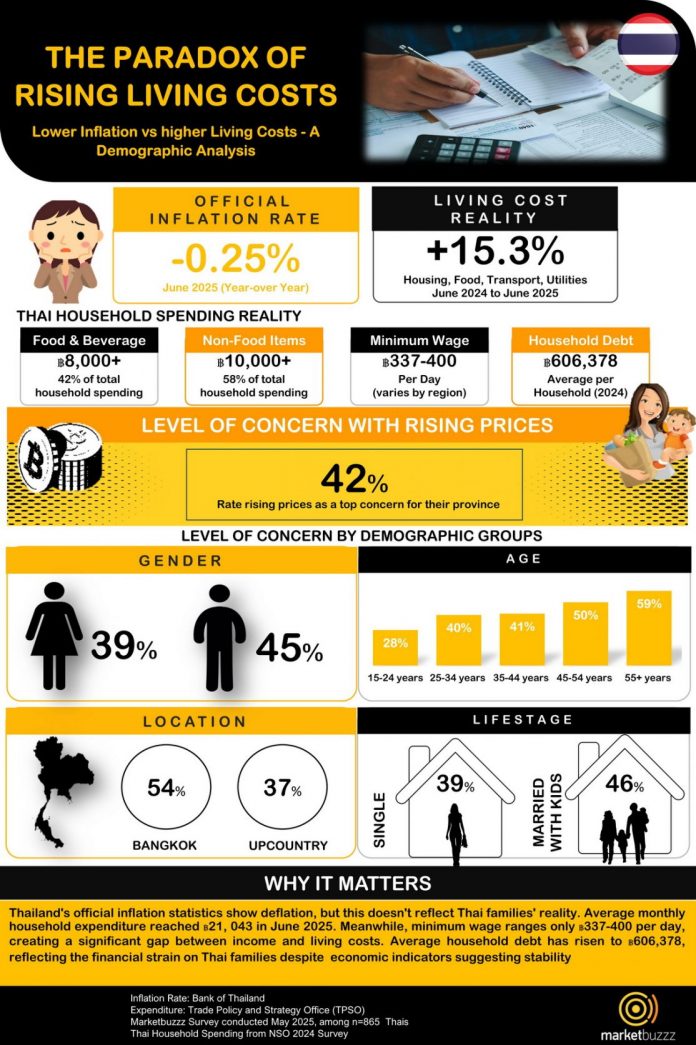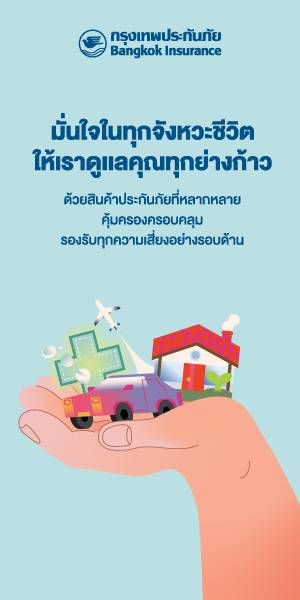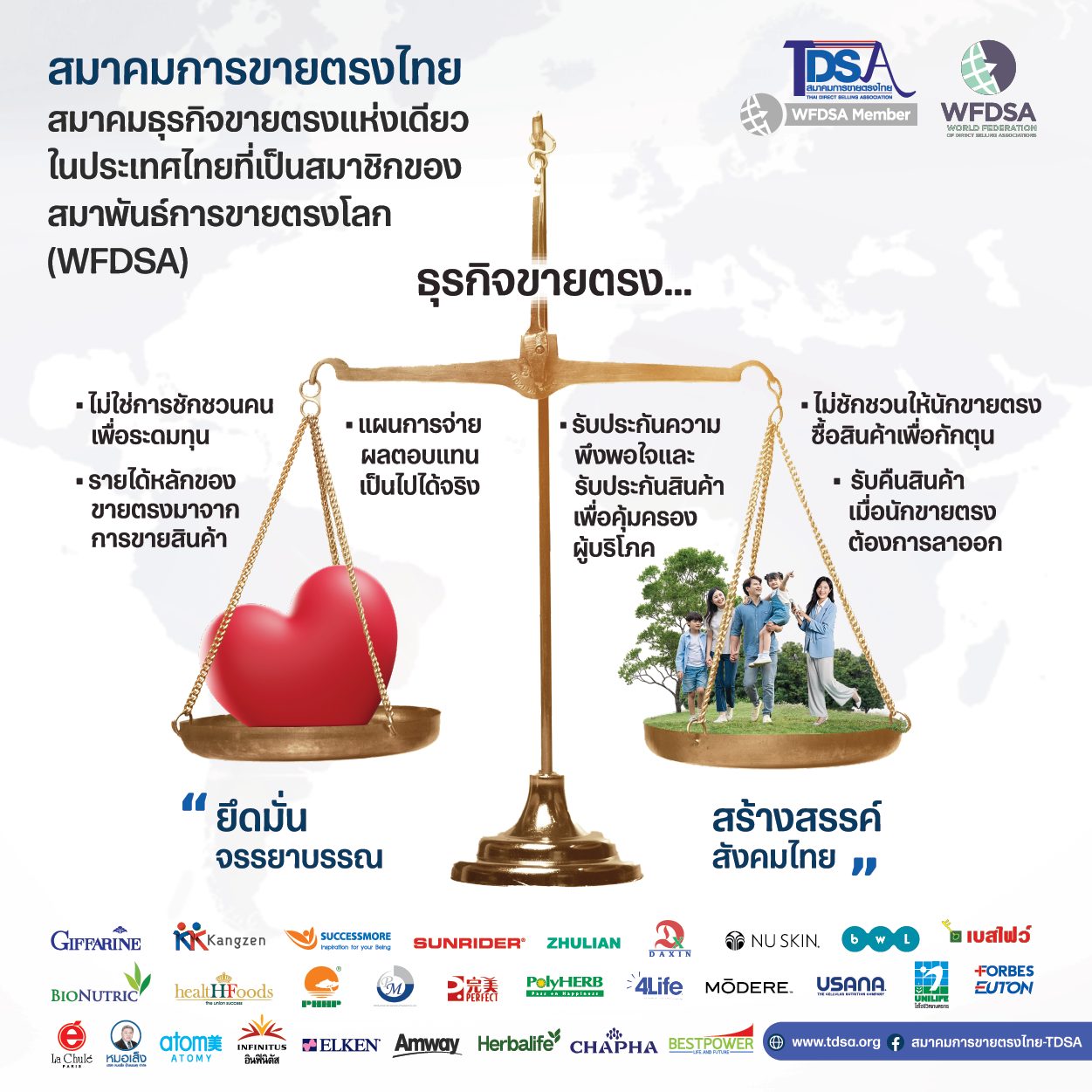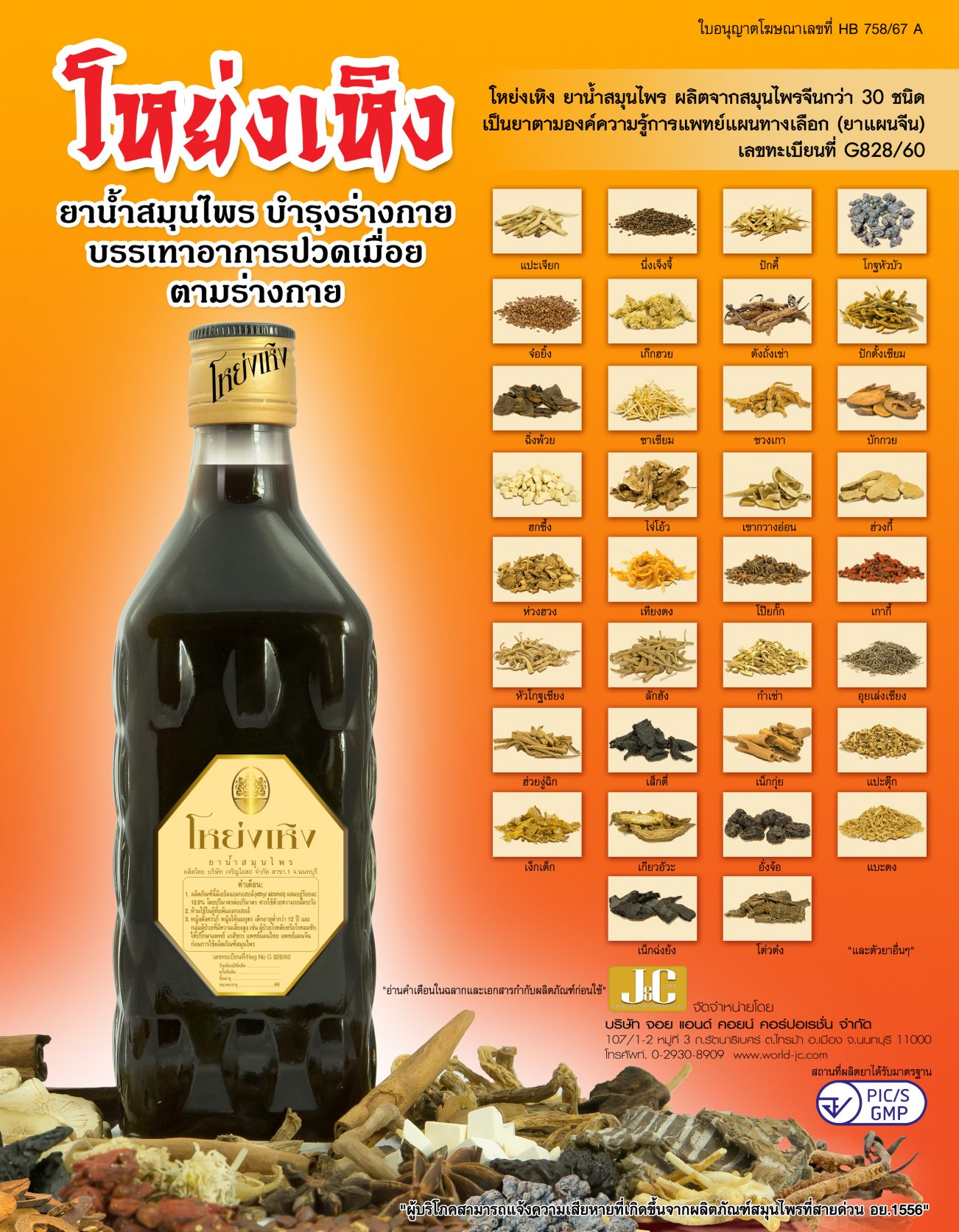ผลสำรวจล่าสุดของมาร์เก็ตบัซซ (Marketbuzzz) เผยว่า 42% ของประชาชนคนไทยมีความกังวลเกี่ยวกับราคาสินค้าที่เพิ่มขึ้น แม้ข้อมูลทางการจะรายงานภาวะเงินฝืดก็ตาม คนไทยกำลังเผชิญกับความตึงเครียดทางการเงินที่เพิ่มขึ้นจาก ค่าครองชีพที่สูงขึ้น แม้ข้อมูลเงินเฟ้ออย่างเป็นทางการจะชี้ให้เห็นถึงช่วงภาวะเงินฝืด จากผลสำรวจทั่วประเทศของ Marketbuzzz พบว่า 42% ของคนไทย มีความกังวลใจสูงสุดในเรื่องของราคาสินค้าและค่าครองชีพที่เพิ่มสูงขึ้นในท้องถิ่นที่อาศัยอยู่ ซึ่งขัดแย้งกับตัวเลขของรัฐบาลที่แสดงภาวะเงินฝืด อยู่ที่ – 0.25% เมื่อเทียบปีก่อน ณ เดือนมิถุนายน 2568

อย่างไรก็ตาม ในความเป็นจริงกลับเห็นภาพของความแตกต่างที่ตัวเลขค่าใช้จ่ายที่มีความจำเป็น ไม่ว่าจะเป็นค่าที่อยู่อาศัย อาหาร การเดินทาง และสาธารณูปโภค เพิ่มขึ้นถึง 15.3% เมื่อเทียบกับปีที่แล้วในช่วงเวลาเดียวกัน ซึ่งสร้างแรงกดดันอย่างหนักต่อรายจ่ายของครัวเรือนทั่วประเทศ
ครัวเรือนไทยแบกรับภาระหนัก รายได้ไม่พอรายจ่าย
จากการศึกษาของ Marketbuzzz ที่สำรวจคนไทย 865 คนทั่วประเทศ พบว่า หลายครอบครัวกำลังประสบปัญหาอย่างหนัก จากค่าใช้จ่ายในชีวิตประจำวันที่สูงขึ้น ในขณะที่ค่าแรงยังคงทรงตัว ความไม่สอดคล้องกันระหว่างตัวชี้วัดทางเศรษฐกิจอย่างเป็นทางการกับความเป็นจริงในชีวิตประจำวันนั้นเห็นได้ชัดเจน โดยเฉพาะในกลุ่มต่างๆ เช่น
• แรงกดดันตามช่วงชีวิต: คู่แต่งงานที่มีบุตร จะมีความกังวลสูงสุด อยู่ที่ 46% เมื่อเทียบกับกลุ่มคนโสด ซึ่งความกังวลอยู่ที่ 39%
• ความตึงเครียดตามช่วงอายุ: คนไทยสูงวัย อายุ 55 ปีขึ้นไป จะมีความกดดันทางการเงินมากที่สุดถึง 59% ซึ่งมักเกิดจากการที่ต้องดูแลสมาชิกในครอบครัวขยาย
• ความแตกต่างในแต่ละภูมิภาค: พื้นที่ในเมือง เช่น ผู้ที่อาศัยอยู่ในกรุงเทพฯ มักมีความกังวลที่ค่าครองชีพสูงถึง 54% ซึ่งสูงกว่าผู้ที่อาศัยในต่างจังหวัดที่กังวลอยู่ที่ 37% เนื่องด้วยปัจจัยในการดำเนินชีวิต และค่าใช้จ่ายที่สูงกว่า
ตัวเลขบ่งชี้ความกดดันทางการเงิน
ข้อมูลจากสำนักงานสถิติแห่งชาติ (สสช.) ปี 2567 ที่อ้างถึงในงานวิจัย ชี้ให้เห็นถึงภาระทางการเงินที่ครัวเรือนไทยต้องเผชิญ โดยค่าใช้จ่ายเฉลี่ยต่อครัวเรือนต่อเดือนอยู่ที่ 18,207 บาท (ณ เดือนธันวาคม 2567) ในจำนวนนี้ กว่า 8,000 บาท (หรือ 42%) ถูกใช้ไปกับอาหารและเครื่องดื่ม ขณะที่ค่าใช้จ่ายที่ไม่ใช่อาหารสูงกว่า 10,000 บาท (หรือ 58%) และที่น่ากังวลคือ หนี้ครัวเรือนเฉลี่ยทั่วประเทศอยู่ที่ 606,378 บาท
ช่องว่างรายได้ – รายจ่ายที่สูงขึ้น
จากค่าแรงขั้นต่ำรายวันที่ปรับขึ้นอยู่ระหว่าง 337 – 400 บาท ครัวเรือนไทยจำนวนมากต้องเผชิญกับช่องว่างที่มีมากขึ้นระหว่างรายได้และค่าครองชีพขั้นพื้นฐานที่สูงขึ้น มร.แกรนท์ บาร์โทลี่ ประธานเจ้าหน้าที่บริหาร มาร์เก็ตบัซซ (Marketbuzzz) เน้นย้ำว่า “ผลสำรวจนี้ แสดงให้เห็นถึงปัญหาที่แท้จริง ไม่ใช่แค่เรื่องอัตราเงินเฟ้อที่อยู่ในระดับต่ำเท่านั้น แต่เป็นเรื่องราคาที่สูงขึ้นของสินค้าและบริการที่จำเป็น เช่น ที่อยู่อาศัย สาธารณูปโภค การรักษาพยาบาล และการขนส่ง”
“เราจำเป็นต้องมีมาตรวัดความเป็นอยู่ที่ดีทางเศรษฐกิจที่ครอบคลุมมากขึ้น แม้ว่าอัตราเงินเฟ้อโดยรวมอาจคงที่หรือติดลบ แต่ความจริงคือ ค่าครองชีพที่จำเป็นยังคงสร้างแรงกดดันต่อรายจ่ายของครัวเรือนอย่างต่อเนื่อง และส่งผลกระทบต่อกลุ่มประชากรที่แตกต่างกันอย่างไม่สมดุลอีกด้วย” มร.แกรนท์ กล่าวเสริม
ครัวเรือนปรับตัวรับมือ แต่ระยะยาวน่ากังวล
ปัจจุบันคนไทยหลายคนกำลังปรับเปลี่ยนพฤติกรรมการใช้จ่าย ซึ่งบางครอบครัวอาจต้องตัดสิ่งที่จำเป็นออกไป ในขณะที่บางครอบครัวอาจยังคงก่อหนี้เพิ่ม เนื่องจากค่าใช้จ่ายที่เพิ่มขึ้น หากค่าครองชีพยังคงเพิ่มสูงขึ้นในขณะที่รายได้ไม่เปลี่ยนแปลงหรือลดลง ภาระต่อบุคคลและโดยเฉพาะอย่างยิ่งครอบครัวมีแนวโน้มที่จะทวีความรุนแรงมากขึ้น ซึ่งจะส่งผลให้คุณภาพชีวิตลดลง ความเสี่ยงด้านหนี้สินเพิ่มขึ้น และความเหลื่อมล้ำทางสังคมที่กว้างขึ้นในระยะยาว
ค่าครองชีพเป็นมากกว่าตัวเลขทางเศรษฐกิจ แต่เป็นความจริงในชีวิตประจำวันที่คนไทยหลายล้านคนกำลังเผชิญ สิ่งนี้เน้นย้ำถึงความจำเป็นในการใช้ “แนวทางแบบองค์รวม” เพื่อทำความเข้าใจแรงกดดันที่ครัวเรือนต้องเผชิญอย่างแท้จริง ไม่ใช่เพียงแค่ดูตัวเลข แต่ควรสะท้อนถึงประสบการณ์จริงที่เกิดขึ้น การมีแนวทางที่กว้างขึ้นและยึดประชาชนเป็นศูนย์กลางในการวัดสุขภาพทางเศรษฐกิจจึงเป็นสิ่งสำคัญ ไม่ใช่แค่เพียงตัวชี้วัดเศรษฐกิจมหภาค แต่ยังต้องรับรู้ถึงสิ่งที่ประชาชนกำลังประสบอยู่จริงด้วย
Marketbuzzz Survey Shows 42% of Thais Concerned by Rising Living Costs Amidst Low Inflation Rates, Household Burdens Up 15.3%
Marketbuzzz Survey Shows 42% of Citizens Concerned About Rising Prices While Official Data Reports Deflation
Thais are experiencing increasing financial stress from the rising cost of living, even as official inflation data suggests a period of deflation. According to a new nationwide survey by Marketbuzzz, 42% of Thai citizens identified rising prices as a top concern in their province. This contrasts with government figures showing deflation at -0.25% year-on-year as of June 2025.
However, the reality on the ground paints a different picture. The cost of essentials—including housing, food, transport, and utilities—has increased by 15.3% year-on-year, continuing to strain household budgets across the country.
Households Feel the Strain
The Marketbuzzz study, conducted with 865 Thais nationwide, reveals how many families are struggling under the weight of everyday expenses, even as wages stagnate. This growing disconnect between official economic indicators and daily realities is especially pronounced among specific groups.
• Life-stage pressure: Married couples with children report the highest level of concern at 46% versus 39% among single individuals.
• Age-related strain: Older Thais (55+ years) report the most financial pressure (59%), often due to supporting extended families.
• Regional variation: Urban areas like Bangkok report greater concern (54%) than upcountry regions (37%), where cost-management behaviors are more entrenched.
The Numbers Behind the Pressure
According to National Statistical Office (NSO) 2024 data referenced in the study:
• ฿18,207: Average monthly household expenditure (as of Dec 2024)
• ฿8,000+: Average spent on food and beverages—42% of monthly spend
• ฿10,000+: Monthly non-food expenses—58% of household spending
• ฿606,378: Average household debt across the country
Income-Expenditure Gap Continues to Widen
With the daily minimum wage ranging from only ฿337 to ฿400, many Thai families face a widening gap between income and basic living expenses.
“The survey underlines the real pain points – it’s not just about low levels of inflation, it’s the rising prices of essential goods and services like housing, utilities, healthcare, and transportation,” said Grant Bertoli, CEO of Marketbuzzz.
“We need a more holistic measure of economic wellbeing. While headline inflation might be flat or negative, the reality is that essential living costs continue to pressure household budgets, and it affects different demographic groups disproportionately” Bertoli added.
Looking Ahead from here
Many Thais are already adjusting their spending and, in some cases, taking on additional debt to cope with rising expenses—adding to the ongoing burden of managing household finances. If the cost of living continues to rise while incomes remain unchanged or decline, the strain on individuals and especially families is likely to intensify
• Behavioral shifts: Families are already adjusting their spending to avoid increasing debt, but this often means cutting back on essential needs.
• Longer-term strain: If incomes continue to stagnate while basic costs rise, the long-term effect will be reduced quality of life, increased debt risk, and growing inequality.
The cost of living is more than just a number – it’s a daily reality felt by millions of Thais. This underscores a more holistic approach to truly understand the pressures households face, going beyond headline figures to reflect the real experiences on the ground. A broader, people-centered approach to measuring economic health is critical—not just macroeconomic indicators, but also keeping a pulse on what people are actually experiencing.































































